Kacang lupa kulitnya.
Peanuts forget their shells.
– Indonesian proverb
This proverb is used to describe someone who has forgotten its roots. I’d just like to share some useful phrases to talk about our background, including our family, hometown, nationality, and heritage.
Latar belakang: background
1. Kamu lahir di mana? = What’s your birthplace?
You [were born] where?
- lahir (verb) = to be born
Saya lahir di Bandung.
I was born in Bandung.
2. Kamu lahir tanggal berapa? = What’s your date of birth?
You [were born] date which?
- tanggal (noun) = date
Saya lahir tanggal 31 Juli 1991.
I was born on 31 Jult 1991.
TTL /té.té.él/ (Tempat Tanggal Lahir) = Place and date of birth (found in forms)
3. Kamu besar di mana? = Where did you grow up
You [grew up] where?
- besar (verb) = to grow up
- besar (adj) = big
Saya besar di Sydney.
I grew up in Sydney.
4. Kamu pernah tinggal di mana saja? = Where have you lived?
You ever stay/live where else?
- tinggal (verb) = to stay or to live
- pernah (marker) = temporal or perfective aspect
marker
Pernah indicates action which had happened in the past or used to happen. In English, the usage of pernah is often equivalent to the perfective tense.
Saya pernah tinggal di Tokyo dan New York.
I’ve lived in Tokyo and New York.
Family questions
Family members
Bapak/Ayah/Papa = father
Ibu/Bunda/Mama = mother
Kakak = older sibling
Adik = younger sibling
Laki-laki = male
Perempuan = female
Saudara kembar (kembaran) = twin sister/brother
Anak sulung = oldest child
Anak bungsu = youngest child
1. Kamu berapa bersaudara? = How many siblings do you have?
You [how many] [to have siblings]?
- bersaudara (verb; ber- + saudara) = to have siblings
- saudara (noun) = siblings
Saya punya satu kakak laki-laki dan dua adik perempuan. I have one older brother and one younger sister.
2. Kakak-adikmu umur berapa? = How old are your siblings
Siblings[-mu=your] age [how many]?
- umur (noun) = age
Kakak saya (ber)umur 21 tahun sedangkan adik saya (ber)umur 10 tahun.
My older sibling’s 21 while my younger sibling is 10.
3. Kamu asli Inggris? = Are you originally from English?
You origin England?
asli (noun)= origin (used to ask about your birthplace, but sometimes people use it to ask about your heritage)
Saya (ber)asal dari Inggris, tapi orang tua saya asli Indonesia.
I’m from England, but my parents are originally from Indonesia.
- berasal (verb; ber- + asal) = to come from
Heritage
A couple of friends have expressed frustrations at not being to convey their national identity or heritage in Indonesian. So here’s a couple of keywords. (Ask for particular phrases)
Identity
- Warga negara (noun) = nationality
- Saya warga negara Mesir. = I’m Egyptian (citizen of Egypt).
- Keturunan (noun) = descent
- Saya keturunan India. = I’m Indian descent.
- Suku (noun) = tribe, ethnic group (used mostly in Indonesia)
- Saya orang Bugis. Itu suku saya. = I’m Bugis. That’s my ethnic group.
- Anak angkat/adopsi (noun) = adopted child
- Saya anak angkat/adopsi. Saya diadopsi oleh keluarga Amerika. = I was adopted by an American family.
- Campuran (noun) = mixed
- Saya campuran. Bapak saya kulit hitam dan ibu saya kulit putih. = I’m mixed race. My father’s black and my mother’s white.
Semoga membantu!
I often get these questions from my students, which come from very diverse backgrounds. Ask me for specific phrases or words
#indonesian #belajarbahasa #belajarbahasaindonesia #learnindonesian #language
Discover more from Elhana S.
Subscribe to get the latest posts sent to your email.
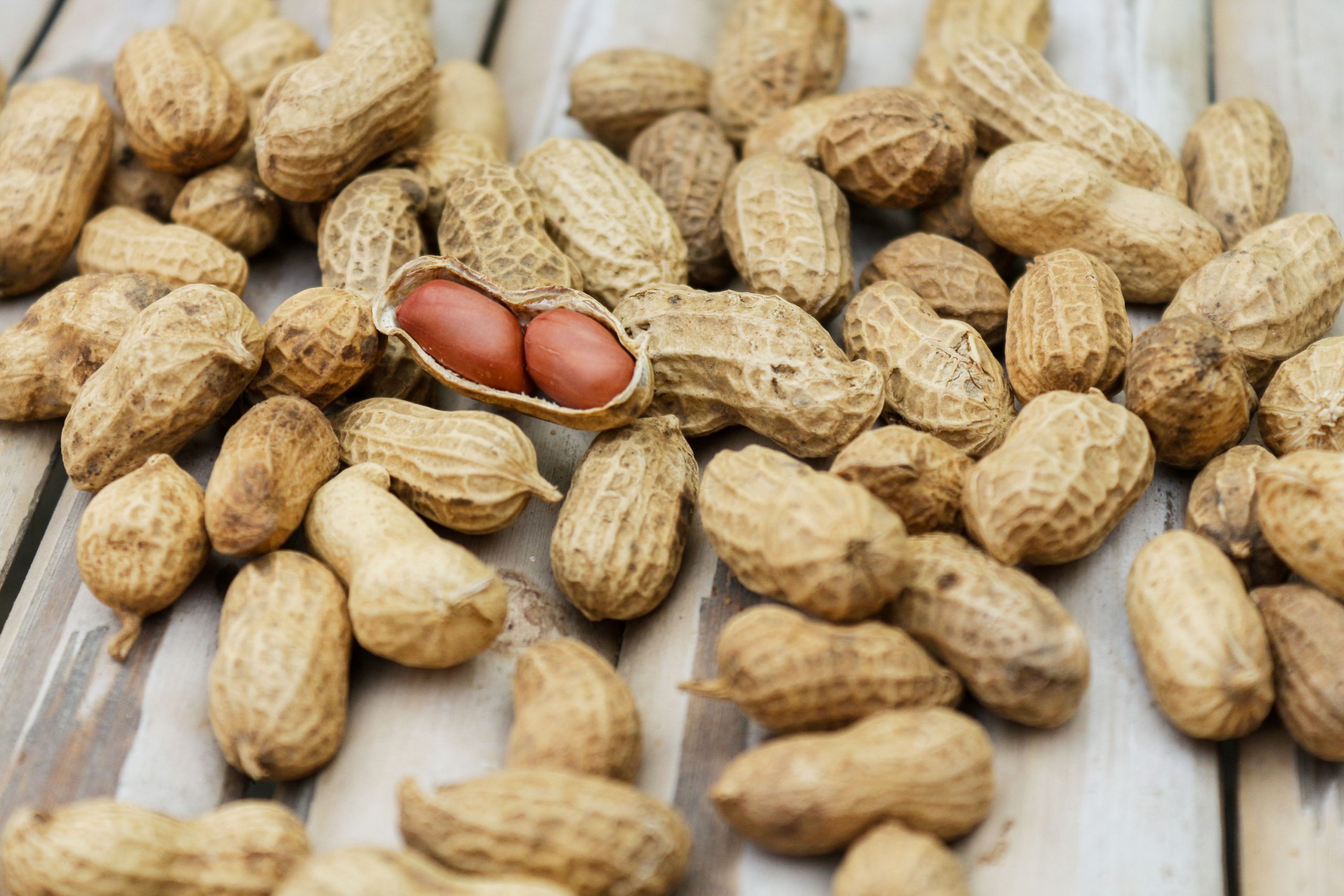
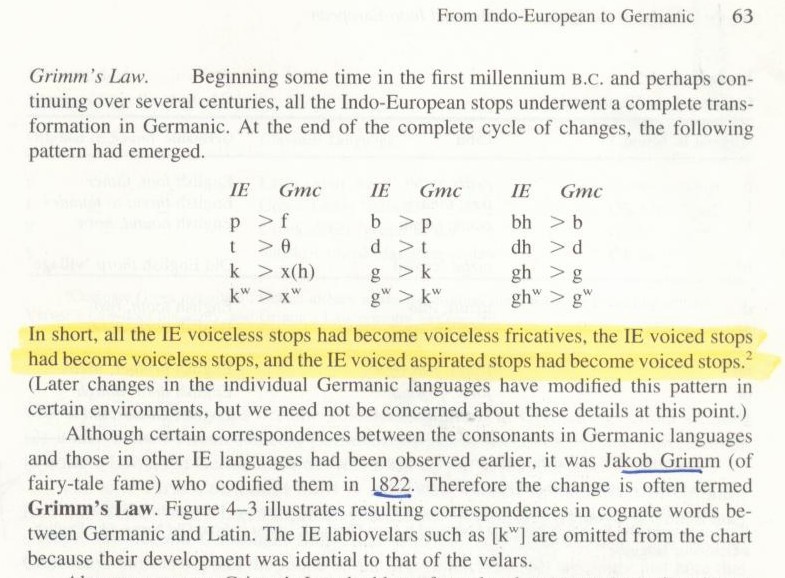
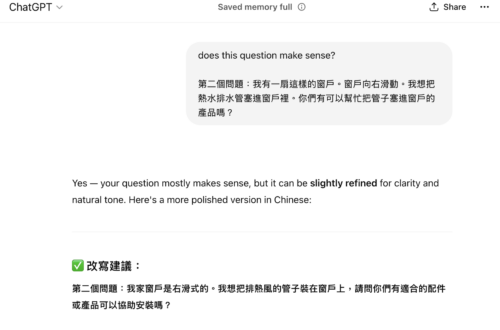
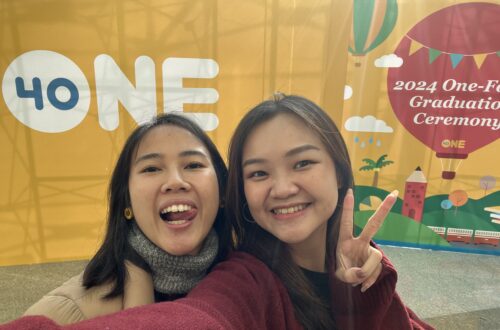
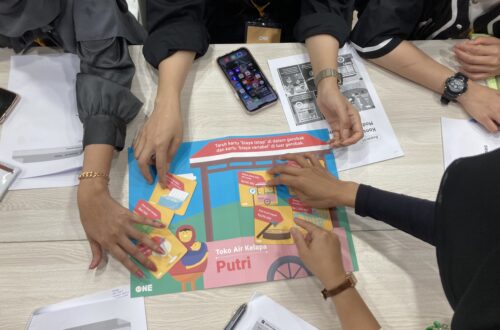
Star777bet’s got a cool name! Just wondering if anyone had a good experience with them? Good bonuses? Let me know! I’m looking for a new place to play. Explore it here: star777bet
Taihq88, alright! I signed up, and I gotta say, the sign-up process was super easy. Good variety of games, especially slots. Payouts seem pretty quick too. I’ll be back for sure. More info here: taihq88
Dichoso777casino caught my eye. Lots of bright colors, I like that! Some neat little games I haven’t seen before. The customer support was quick to respond to my question too. Give it a whirl: dichoso777casino
Km888login – the login was quick, that’s always a win! I tested out a few of the slot games and had a decent run. I’d like to see some more payment options, though. Check it out yourself using this link: km888login
Alright folks, 639jl75 is on my radar. Gonna dive in and see what’s what. Any of you tried it yet Check 639jl75 and tell me your experience!
Yo, jumped into Kkkjilibet the other day. Gotta say, it’s got some interesting games. Might take a bit to get used to the layout, but once you’re in, its pretty straightforward. Give it a shot and see what you think. kkkjilibet.
Been hanging out on Kubetjudaism lately. It’s alright, has its ups and downs like any other site. But I’ve had some laughs, for sure. So yeah, check it out if you’re looking for something new. Good luck! kubetjudaism.
Golden 99 Live? Man, the live dealer games are where it’s at! Good quality streams and the dealers are actually pretty engaging. I had a solid night playing there. Here’s the link: golden 99 live
Paldoplus is worth a look if you’re bored and need something new. It has some unique items I’ve not seen before, so is kind of fun to explore. Check it out at paldoplus to see what’s new.
Looking for something new I found phnice. It passed the time. It is ok. See if its for you phnice and make your own mind up.